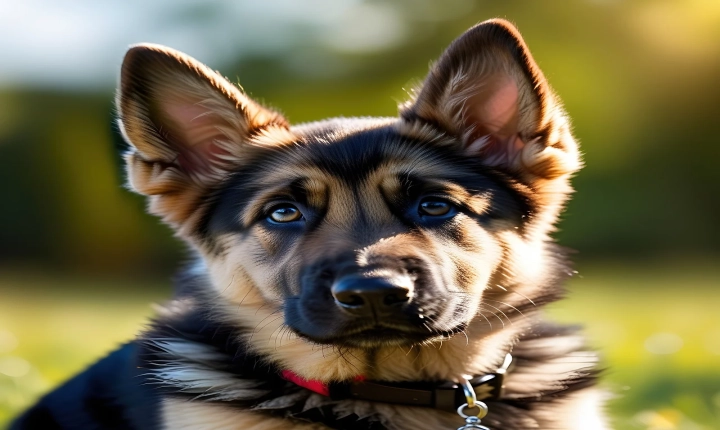Title: Can You Commercially License AI-Generated Images?
As artificial intelligence (AI) continues to advance, the capabilities of AI-generated images have become increasingly impressive. These images, created by AI algorithms, can range from realistic photos to abstract art, and hold the potential to be valuable assets for businesses and individuals alike. However, the question arises: can you commercially license AI-generated images?
The answer to this question primarily depends on the specific circumstances and legal considerations surrounding the creation and use of AI-generated images. In many cases, the ability to commercially license AI-generated images may be impacted by the source of the image, the ownership of the AI algorithm, and the rights associated with the image.
One consideration is the ownership of the AI algorithm that generated the image. In some cases, the entity or individual who owns the AI algorithm may also assert ownership over the images produced by that algorithm. If the AI algorithm was developed or created by a specific individual or organization, they may have the legal rights to commercially license the images it produces.
Furthermore, the source of the data used to train the AI algorithm also plays a significant role. If the AI algorithm used copyrighted material or images to train itself, the resulting AI-generated images may be subject to copyright laws or other intellectual property protections. In such cases, licensing an AI-generated image for commercial use would require navigating the legal considerations related to the original source material.
Another factor to consider is the legal framework and regulations that govern intellectual property and AI-generated content in the relevant jurisdiction. As AI technology evolves, legal systems are actively adapting to address the unique challenges and opportunities presented by AI-generated content. It’s essential for businesses and individuals to stay informed about the legal implications of using AI-generated images for commercial purposes, and to seek legal guidance when necessary.
Additionally, the authenticity and provenance of AI-generated images may present challenges when it comes to commercial licensing. Establishing the origin and authenticity of AI-generated content, especially in instances where the images closely resemble or replicate real-world photographs, can be complex. This further underscores the importance of legal counsel and due diligence when considering the commercial use of AI-generated images.
In conclusion, the ability to commercially license AI-generated images is a nuanced and evolving issue. While AI-generated images offer exciting potential for commercial application, navigating the legal landscape and ensuring compliance with intellectual property laws is crucial. The ownership of the AI algorithm, the source material used for training, and the legal framework of the relevant jurisdiction all play significant roles in determining the feasibility of commercially licensing AI-generated images.
As AI technology continues to develop, businesses, creators, and legal experts will need to stay attuned to the evolving landscape of intellectual property rights in the context of AI-generated content. By staying informed and seeking the appropriate legal guidance, stakeholders can better understand and leverage the commercial potential of AI-generated images while navigating the associated legal considerations.
